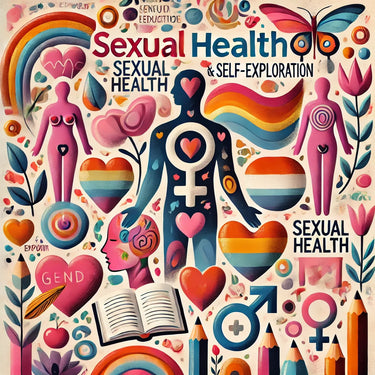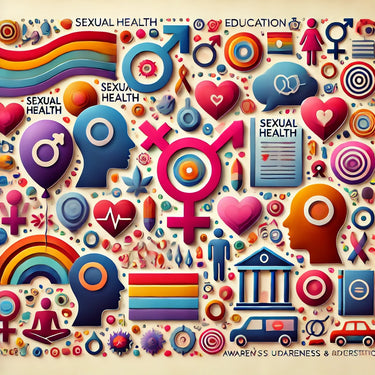Finding Courage in Sharing My Sexual Orientation Story
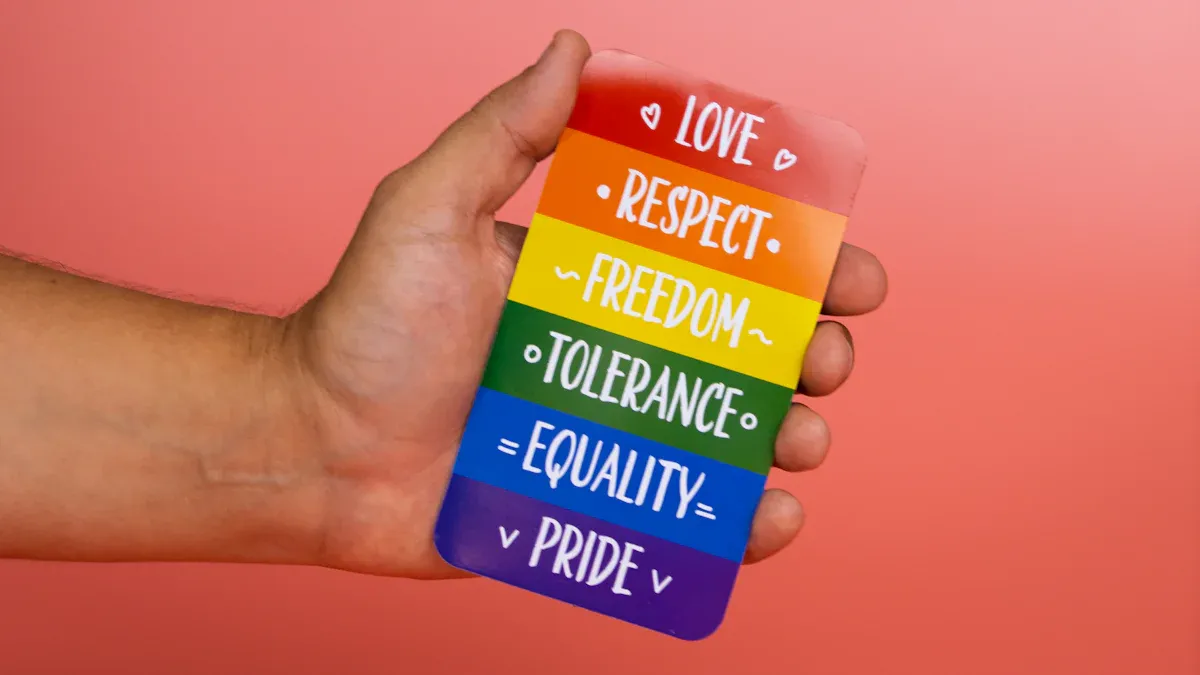
You might feel nervous or excited about coming out. That is normal. Many people feel the same way about sharing their sexual orientation. I remember a friend who once whispered their truth to me in a quiet café. That moment took real courage and showed authenticity. You have your own personal journey. Take a breath. You are not alone. The path to accepting your sexual orientation and coming out belongs to you.
Key Takeaways
Coming out is a personal journey. You choose when to share your sexual orientation. You also choose how to share it. You can do this at your own speed.
Accepting your identity gives you confidence. It also brings happiness. This helps you feel closer to yourself. It helps you feel closer to others too.
It is important to find safe spaces. Supportive people are helpful. Friends, LGBTQ groups, or online communities can help. They make you feel accepted. They help you feel less alone.
You may face challenges like fear or stigma. Family reactions can be hard too. These things are common. Support and self-care can help you. They help you stay strong.
Your sexual orientation can change over time. It can also grow. Your identity is real. It belongs only to you.
Sexual Orientation and Self-Discovery
Early Realisations
You might remember when you first felt different. Maybe you noticed feelings that did not match what people expected. Many LGBTQ people say they first feel this as a quiet thought inside. Some people notice it when they are children. Others notice it during puberty or even later. You may feel confused or alone at first. This is normal. Your family, friends, and the world shape your experience. When you start to see yourself as queer, you might worry about fitting in or being accepted.
Many people find out their sexual orientation when they are young. They often feel pressure to hide who they are. Social acceptance can help, but not everyone has support. If you feel unsure or scared, you are not alone.
Embracing Identity
As you get older, you start to learn more about your sexuality. You might see that your identity can change. Some people realise they are bisexual later in life. Others notice their feelings change over time. Studies show that sexual orientation is fluid and shaped by many things. These include your feelings, culture, and experiences. You may learn more about yourself when you meet other LGBTQ people or see queer stories in the media.
Accepting yourself is a big part of this journey. When you accept who you are, you feel more confident and closer to others. Many LGBTQ people say living openly brings real happiness and honesty. Most people who accept their sexuality feel more joy and self-acceptance. You might see your self-esteem and happiness grow as you get comfortable with your queer identity. Remember, your journey is special, and every step towards self-acceptance is important.
Coming Out Journeys
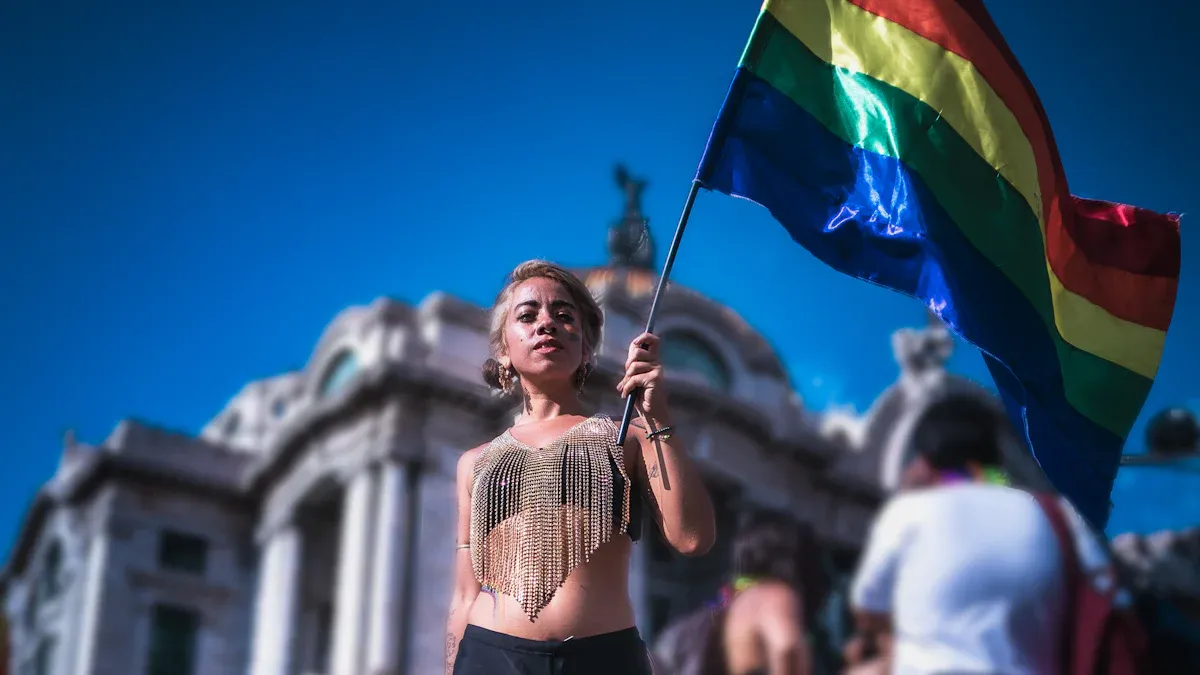
Telling Others
Coming out does not happen all at once. You get to pick when and how you tell people. Sometimes, you might talk to a close friend first. Other times, you wait until you feel safe enough. This journey is yours. No one can make you go faster. You choose what feels best for you.
Everyone’s coming out story is different. Some people share their queer identity early in life. Others wait until they feel more sure. You might want to try telling someone you trust. A kind friend or sibling can help a lot. You might even practise your words before you talk.
Tip: You do not need to tell everyone right away. Start with someone who helps you feel safe and respected.
Families react in many ways. Some families show love and support. Others might feel confused or upset at first. Sometimes, families need time to understand you. You may see feelings like surprise, worry, or denial. These feelings often come from family values and beliefs.
Gen Z are more open with parents than older generations. For example, 66% of gay and bi teen boys tell their mums, but only 40% of millennials did in the 1990s.
Seeing queer people in media and having open families helps young people feel safer.
Culture and religion can shape how families react. Some groups, like Black teens, face more problems when coming out.
Race and sexual orientation together can change your experience. Bisexual teens often have a harder time than gay teens.
Support from friends, LGBTQ groups, and online spaces is very important for safety and encouragement.
There are still barriers, like stigma and strict religious rules. Where you live and your culture matter a lot.
Seeing queer people in media makes queer identities feel normal. It helps young people feel proud of who they are.
You might feel like you have to hide or show your identity. Remember, you are in charge of your story. You can choose who to tell and when. Your story matters, no matter how or when you share it.
Navigating Challenges
Coming out can make you feel both happy and worried. You may feel proud to be seen, but you might fear bad reactions. Many LGBTQ people face problems like stigma, fear of being left out, or even legal trouble in some places. Family rules and traditions can make things harder.
Here are some common problems you might face:
Some families do not support you, especially where family unity is more important than being yourself.
Some cultures and traditions see LGBTQ people in a bad way. This can lead to denial or even conversion therapy.
You might fear being rejected or feel stressed about telling others.
Some places have laws that make coming out risky.
The Western idea of coming out does not fit everywhere. In many places, privacy and safety are more important than being open.
Where you live and your background can change your experience. Some places expect boys to act a certain way.
You might also feel extra stress because of your identity. This is called minority stress. You may worry about being judged or not understood. Sometimes, you might not ask for help because you fear being judged by professionals.
If you get a bad response, there are ways to protect yourself:
Change your space if you feel stressed. Go for a walk or listen to music to calm down.
Show understanding and care. This can help build trust.
Explain your feelings and give context. This helps others see your side.
Offer ideas or other ways to help. Focus on good outcomes and support.
Keep checking in and support yourself and others.
Think of criticism as feedback to help you grow.
Listen carefully and pause before you answer. This helps you stay calm.
Ask questions if you do not understand someone’s reply.
Thank people who support you.
Note: You do not have to face hard times alone. Support from LGBTQ groups, friends, and online spaces can help you feel less alone.
Your coming out journey is special. You may have good and bad days, but you are not alone. Many people have done this before you. With care and support, you can feel strong and proud of your queer identity.
Bisexual Awakening and Queer Identity
Fluidity and Self-Perception
You might see that your sexuality does not fit simple labels. Many people realise they are bisexual when they are older. A survey in 2013 found that 15% of bisexual adults found out about their queer identity in their twenties or later. This means people can discover their queer identity at any age. You might feel unsure or worry it is just a phase. That is a common mistake people make. Bisexuality is not just being confused or unable to decide. It is a real and steady identity for many people.
You might hear stereotypes. Some people think bisexual people cannot be loyal or must pick a side. These ideas are wrong. Your experience is real, even if your sexuality changes or stays the same. Queer identity does not follow one path. You might feel confused, then accept yourself, and later feel proud. You could feel nervous or alone at first, but you are not the only one. Many people go through this journey.
Remember: Your identity belongs to you. You do not need to match anyone else’s idea of what being queer or bisexual should be.
Community and Belonging
Finding your place in the LGBTQ community can help you feel like you belong. You might join a group near you, go to a pride event, or talk to people online. These places help you feel seen and accepted. Research shows that LGBTQ events and clubs, like GSAs, can lower bullying and help mental health. Schools that support LGBTQ students with lessons and activities make everyone feel safer.
Aspect of LGBTQ+ Community Engagement |
Mental Health Benefits and Outcomes |
|---|---|
LGBTQ+ events and centres |
Supportive spaces for queer youth |
School LGBTQ+ clubs (GSAs) |
Less bullying, more safety |
Inclusive lessons |
Fewer reports of sadness |
You might find that telling your story or hearing others’ stories makes you feel stronger. Support from the community can help you feel like you belong and feel proud of your queer identity. You are part of a big and different group, and your story matters.
Support and Resilience
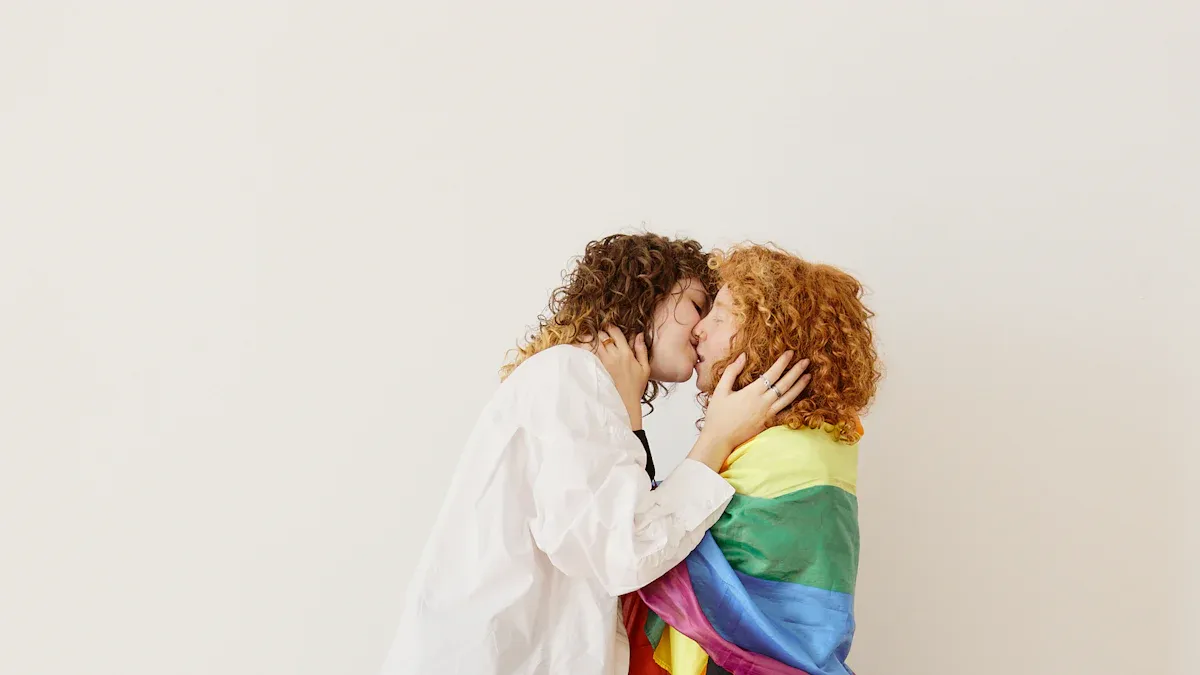
Finding Safe Spaces
When you start coming out, finding safe spaces matters a lot. You need places where people accept and understand you. Safe spaces can be real places, like LGBTQ centres, or online, like support groups. These places often show signs, such as the progress pride flag or a pink triangle in a green circle. You might see these signs at events, clinics, or on social media. They let you know you are welcome and respected.
You can get help from groups like Chosen Family. They support LGBTQ people, including those with disabilities. The workers often have queer experiences too, so they understand you. They give personal support, flexible care, and help you meet others. Many people say these services make life easier and help them feel less alone.
Safe spaces are not just about the building. They are about the people and how you feel. You should feel free to be yourself and share your story. You can explore your identity without being scared.
Online support groups and forums can help you too. They give you a place to talk about your feelings and ask questions. You can meet others who understand you. Peer support is very helpful. When you talk to someone who has faced the same things, you feel less alone. You can share worries and learn new ways to cope. This feeling of belonging can lower stress, anxiety, and sadness.
Here are some places where you can find support:
LGBTQ community centres and clubs
Online support groups and forums
Organisations like The Trevor Project and LGBTQ National Help Center
Peer support groups and therapy sessions
Community clinics that offer mental and sexual health services
You might also find safe spaces in schools, at pride events, or in creative workshops. These places let you express yourself and meet new friends. You can build confidence there. Remember, safety can change with time and place. You have the right to leave any space that does not feel safe or welcoming.
Building Strength
Building strength while coming out takes time and patience. You do not have to do it alone. Support from friends, family, professionals, and online groups can help a lot. Sometimes, your friends become your chosen family. They give you care, help, and advice that fits your life. This is important if your family does not accept your queer or bisexual identity.
Support from friends can help you feel safe and valued. For many LGBTQ people, especially youth of colour, friends help you belong and cope with stress. Older LGBTQ adults often rely on friends and community for care and support, especially if family is not there.
Professional support is important too. Therapists who know about LGBTQ issues can help you build strength. They respect your chosen name and pronouns. They do not blame your queer identity for your problems. Instead, they help you learn coping skills and boost your self-esteem. Some therapy, like affirmative cognitive behavioural therapy, helps you face challenges and build resilience.
You can also join support groups or online communities. These groups let you share your story and listen to others. You can learn new skills there. Group therapy, like the SAAHAS intervention, uses peer and expert support to help you feel better. These groups create a sense of community and help you heal together.
Here are some self-care tips for your coming out journey:
Get support from friends, family, or therapists who accept you.
Go at your own pace. You choose when and how to come out.
Put your safety and feelings first. Pick the right time and people.
Prepare what you want to say. Think about how people might react.
Take care of your body and mind. Try exercise, mindfulness, or creative hobbies.
Stay away from places or people who make you feel unsafe.
Celebrate your identity. Use symbols, join events, or express yourself in ways that feel right.
Tip: Even one supportive adult can lower the risk of suicide for LGBTQ youth by 40%. Support is very important.
You might have hard days, but you can build strength by connecting with others and practising self-care. Support groups and online communities help you feel understood and less alone. Mental health professionals and allies can guide you through tough times. Together, you can build a strong support system that helps you grow.
Intervention |
What It Does |
How It Helps You Build Strength |
|---|---|---|
Validates LGBTQ identities, teaches coping skills |
Reduces depression, boosts coping, builds support |
|
Mindful Self-Compassion for Teens |
Teaches mindfulness and self-kindness |
Increases resilience, lowers anxiety |
Peer Support Groups |
Connects you with others who share your journey |
Reduces isolation, improves mental health |
You are not alone in your coming out journey. The LGBTQ community stands with you. By building a support system, you can face challenges, celebrate your queer or bisexual identity, and grow stronger every day.
You have your own journey, and coming out is not a race. Take pride in each step you take towards a greater sense of self-acceptance and authenticity. Sharing your story can bring a greater sense of authenticity and help you feel more connected to your self and others. Many people find that coming out leads to better mental health and empowerment. If you need support, reach out to trusted friends, family, or groups like The Trevor Project or PFLAG. You are never alone.
FAQ
How do I know if I am ready to come out?
You decide when you feel ready. Listen to your feelings. If you feel safe and want to share, that is a good sign. You can wait until you feel comfortable. There is no rush.
What if my family does not accept me?
You might feel hurt or worried. Try to find support from friends, teachers, or LGBTQ groups. You can talk to someone you trust. Remember, you deserve love and respect.
Tip: Online communities can help you feel less alone if your family needs time.
Can my sexual orientation change over time?
Yes, it can. Many people notice changes in their feelings as they grow. You might feel different at different times in your life. That is normal. Your identity belongs to you.
Where can I find support if I feel alone?
You can join LGBTQ clubs, talk to a counsellor, or visit online forums. Groups like The Trevor Project and LGBTQ National Help Center offer help. You are not alone.
Local LGBTQ centres
School support groups
Online chat rooms
Is it normal to feel scared about coming out?
Yes, it is very normal. Many people feel nervous or afraid. You might worry about what others think. Take your time. You can talk to someone you trust when you feel ready.






